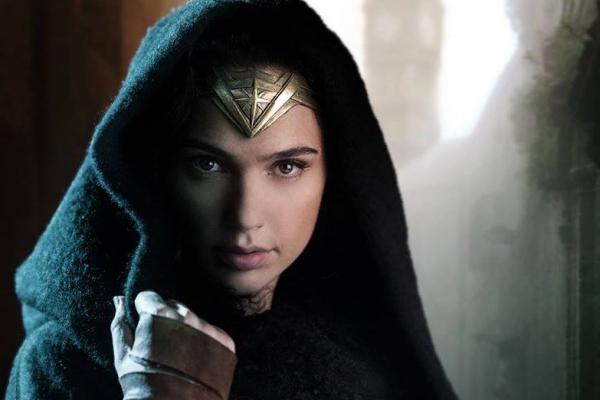Jun 2, 2017
At first glance, the meaning behind this tagline for Wonder Woman feels obvious, it is the next step on the DC franchise road to November’s Justice League movie. But of course, there’s more to it than that. Wonder Woman marks a feminist milestone, too, one that feels like artistic justice: it’s the first major superhero movie to feature a female hero, and the first to use a female director, Patty Jenkins.
Read the Full Article

Already a subscriber? Login
